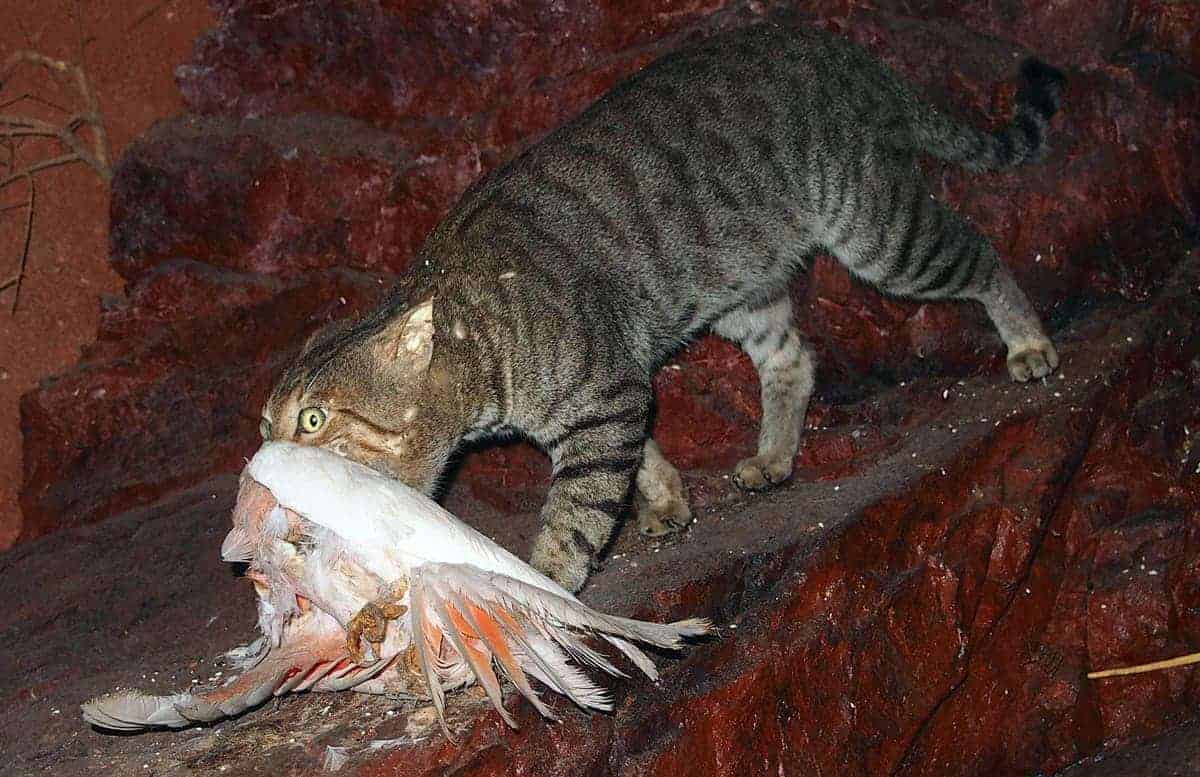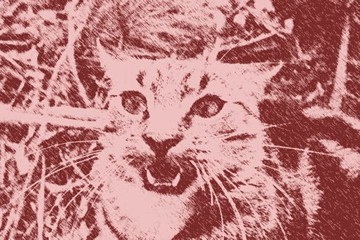Under current laws the Australian environment could be devastated by the importation of all sorts of bigger, tougher, and meaner varieties of existing feral pests.
The Invasive Species Council welcomes recent scientific and public concern about the mega Savannah cats, for highlighting major loopholes in federal environmental laws that typically do not require risk assessments when people want to import new varieties of existing pest species.
“While the government is now conducting a risk assessment of Savannah cats because they regard it as different enough from a domestic cat, other hybrids or new variants have escaped risk assessment,” Invasive Species campaigner Tim Low said.
“The Invasive Species Council calls on the federal government to amend legislation to require that all new variants or hybrids are assessed for their pest risk.”
Here are just a few examples of what is or can be currently imported into Australia:
Boer Goats and Kalahari goats have been imported from South Africa to produce more drought-hardy goat breeds for Australia. Males are bred with female feral goats, creating what is effectively a superior feral goat.
Goats currently cause major degradation in outback Australia.
Water buffalo are being imported from Asia to breed with Australian water buffalo of wild origin. Feral water buffalo have caused massive degradation in northern Australia, including the destruction of vast wetlands in the Kakadu region.
New dog breeds created from coyotes and wolves may become a problem in future. Australian farmers are expressing concern that livestock will be at even greater risk from such breeds. These new dogs would also be a major risk for Australian native wildlife.
Bengal cats are hybrids between domestic cats and leopard cats, which are native to the rainforests of South East Asia. Bengal cats are fonder of water, and fonder of climbing trees, than feral domestic cats. They are also more likely to hunt inside rainforest, a habitat avoided by Australia’s feral cats. Like Savannah cats, they can be expected to worsen Australia’s feral cat problem.
There are many plant examples as well. For example, olives are South Australia’s worst woody weed, and new varieties have been imported into South Australia which can be expected to cross-pollinate with the wild plants, increasing their genetic variability and thus pest potential.








